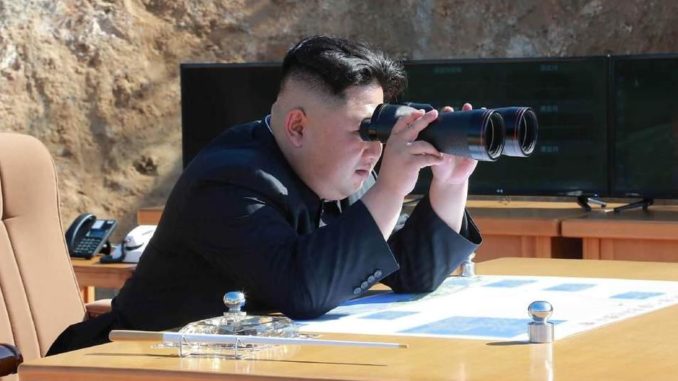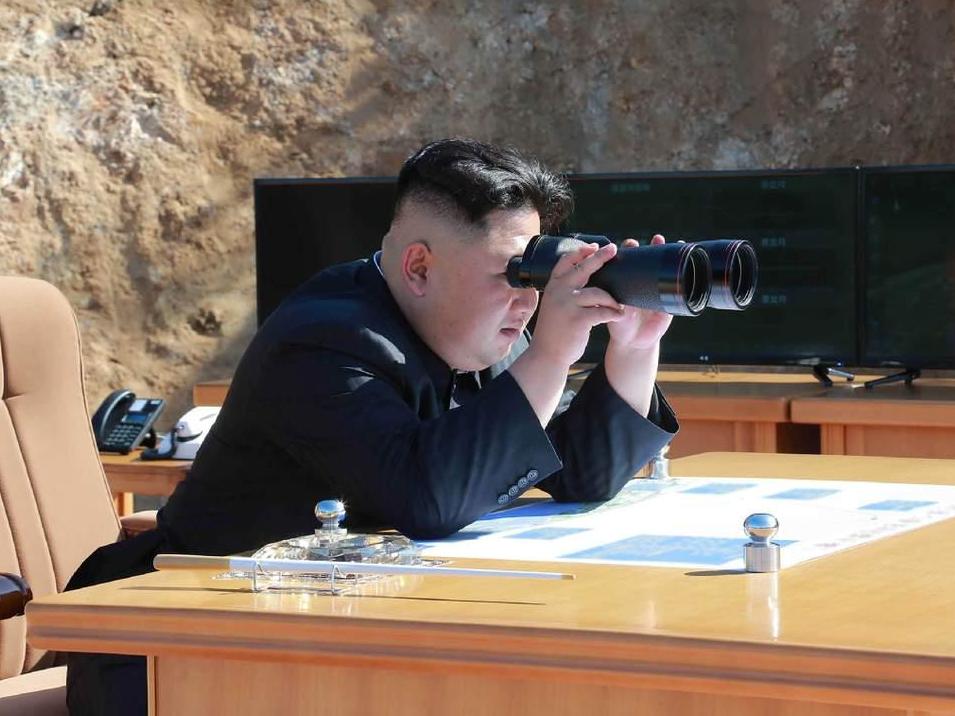

A South Korean rights group says it has identified hundreds of sites in North Korea used for public executions and extrajudicial killings.
Though the practice peaked in the 1990s, North Korea has continued to use public executions under the reign of Kim Jong-un – almost always death by firing squad – to instil fear in the populace.
The report by the Seoul -based Transitional Justice Working Group identified 323 execution sites, usually marketplaces and school grounds but also near rivers, in fields and on hills.
Executions were often preceded by an on-the-spot “trial”, in which charges are announced and sentences issued without a lawyer being provided for the accused. Members of the victim’s family, neighbours and other villagers or townsfolk would then be made to watch the execution.
And while the most common charges identified in the report were for violent crimes such as murder, rape and assault, some executions were also carried out for non-violent offences such as stealing copper or cows, or brokering defections from North Korea.
The report is based on interviews with more than 600 North Korean defectors and builds on work by the same group released in 2017. The non-government organisation, founded by human rights advocates from South Korea and four other countries, said such research would be crucial to investigating the rights abuses of the Kim regime if there was ever a transition of power.
Lead author Heeseok Shim said the report suggests public executions are becoming less frequent, although more killings may be happening in secret. Interviewees described incidents where the authorities confiscated witnesses’ mobile phones in an apparent bid to suppress the spread of information beyond the immediate community.
The group admitted it was not able to visit sites to independently verify the interviewees’ claims, and said it would not reveal the exact locations of the sites in case the North Korean authorities tampered with them.
Transitional Justice Working Group said the new report was made possible by funding from the
Washington -based National Endowment for Democracy, which is funded by the US congress.
The report coincided with the release last week of an annual white paper by the South Korean state-sponsored think tank the Institute for National Unification, which expressed similar concerns over human rights abuses. Its own report said North Korea still uses public executions to control the behaviour of its citizens, particularly in city and border areas where crime is more prevalent.
North Korea did not immediately respond to the new report, but has in the past characterised criticism of its human rights record as part of US-led efforts to tarnish its reputation and foment regime change.
In a report to the UN Human Rights Council in May, North Korea said it “consistently maintains the principle of ensuring scientific accuracy, objectivity and impartiality, as well as protecting human rights in dealing with criminal cases”.
AP
